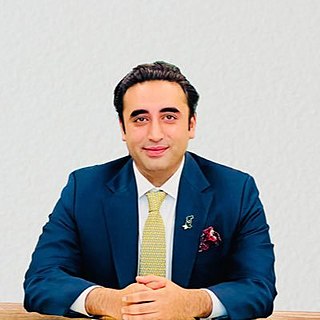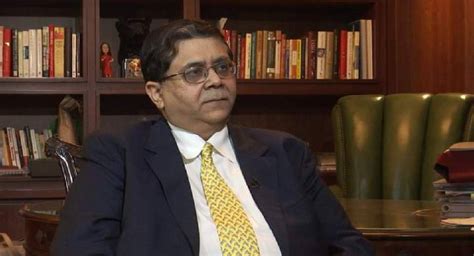A Quote by Asma Jahangir
The interaction between human rights campaigners from Pakistan and India was a big taboo in the 1980s. When we started traveling to India to increase people-to-people contact between the two nations, we knew that we would face serious repercussions back home.
Related Quotes
The real concern is that Iran would do what Pakistan did. Pakistan wanted nuclear weapons, like Iran, purely for defensive reasons - to defend itself against India. The problem was that once Pakistan acquired the weapons, it allowed the country to be more aggressive. So they stepped up their support for the Kashmiri terrorists, and it led very quickly to the Kargil crisis in 2000, which almost sparked a nuclear war between India and Pakistan.
Pakistan is alarmed by the rising Indian influence in Afghanistan, and fears that an Afghanistan cleansed of the Taliban would be an Indian client state, thus sandwiching Pakistan between two hostile countries. The paranoia of Pakistan about India's supposed dark machinations should never be underestimated.
In 1962, when I was 19, I visited India. With introductions from people involved in the U.S. civil rights movement, I was able to visit with several of the leading Gandhians there. The hundred-to-one difference in average per capita income between America and India at the time was a stark reality for the people who became my friends there.
If Pakistan honors in letter and in spirit the commitment that it gave to Mr. Vajpayee in 2004, that Pakistan territory will not be used for promoting terrorist acts against India, the sky is the limit of cooperation between our two countries. Basically, we are the same people. There are ties of religion. There are ties of language. There are ties of culture.
Love makes no distinction between man and man, between an Aryan and a Mlechchha, between a Brâhmana and a Pariah, nor even between a man and a woman. Love makes the whole universe as one's own home. True progress is slow but sure. Work among those young men who can devote heart and soul to this one duty - the duty of raising the masses of India. Awake them, unite them, and inspire them with this spirit of renunciation; it depends wholly on the young people of India.
There are really at least two Indias, there is an India or a shining India the one which the west seas usually through urbanize and there is an India outside some of the big metro policies and in even the tier two cities and in rural India which is completely different. It goes by the name of Bahar which is a traditional name for India.
For in Asia and around the world, India is not simply emerging; India has already emerged. And it is my firm belief that the relationship between the United States and India - bound by our shared interests and values - will be one of the defining partnerships of the 21st century. This is the partnership I have come here to build. This is the vision that our nations can realise together.
During the 19th century, Britain fought two wars in unsuccessful attempts to subjugate the Afghans. When Britain finally drew a border between India and Afghanistan in 1893, Pashtun tribes in southern Afghanistan were cut off from related tribes across the border in what was then India and is now Pakistan.
Earlier the world was bi polar. Foreign policy would be centered around two super powers. India was a little late in realizing that this bi polar situation was for namesake. Now the entire world, in changed circumstances, especially in 21st century, it is more interdependent and inter connected, earlier, the foreign policy was possible between governments, but today it is not possible just between governments. Government relations are important but increasing people to people contact is equally important. There's been a shift in paradigm.




































